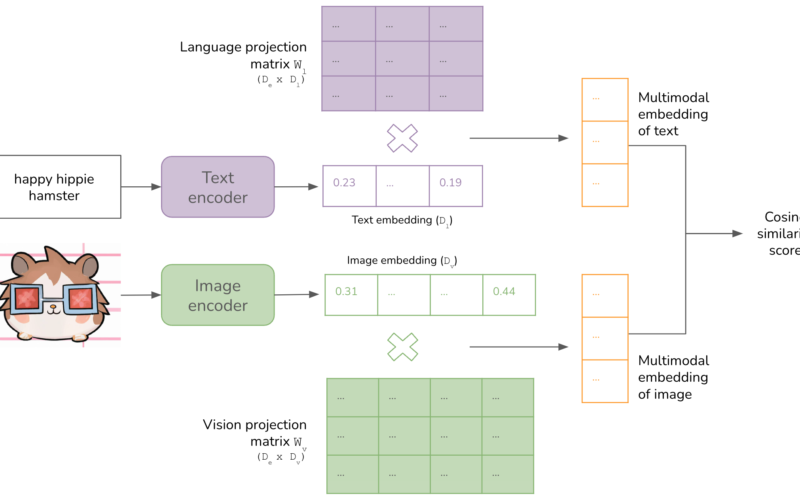*Memos:
HuberLoss() can get the 0D or more D tensor of the zero or more values(float) computed by Huber Loss from the 0D or more D tensor of zero or more elements as shown below:
*Memos:
- The 1st argument for initialization is
reduction(Optional-Default:'mean'-Type:str). *'none','mean'or'sum'can be selected. - The 2nd argument for initialization is
delta(Optional-Default:1.0-Type:float). *It must be0<delta. - The 1st argument is
input(Required-Type:tensoroffloat). - The 2nd argument is
target(Required-Type:tensoroffloat). -
inputandtargetshould be the same size otherwise there is a warning. - The empty 1D or more D
inputandtargettensors withreduction='mean'returnnan. - The empty 1D or more D
inputandtargettensors withreduction='sum'return0..
import torch
from torch import nn
tensor1 = torch.tensor([ 0.4, -0.8, -0.6, 0.3, 0.0, -0.5])
tensor2 = torch.tensor([-0.2, 0.9, 0.4, 0.1, 0.8, -0.5])
# 0.5(x-y)^2 because |x-y| < delta
# 0.5*(0.4-(-0.2))^2 = 0.18
# ↓↓↓↓ ↓↓↓↓ ↓↓↓↓ ↓↓↓
# 0.18 + 1.2 + 0.5 + 0.02 + 0.32 + 0.0 = 2.22
# ↑↑↑ ↑↑↑
# delta(|x-y|-0.5*delta) because |x-y| >= delta
# 1.0*((|-0.8-0.9|)-0.5*1.0) = 1.2
#
# 2.22 / 6 = 0.37
huberloss = nn.HuberLoss()
huberloss(input=tensor1, target=tensor2)
# tensor(0.3700)
huberloss
# HuberLoss()
huberloss.reduction
# 'mean'
huberloss.delta
# 1.0
huberloss = nn.HuberLoss(reduction='mean', delta=1.0)
huberloss(input=tensor1, target=tensor2)
# tensor(0.3700)
huberloss = nn.HuberLoss(reduction='sum', delta=1.0)
huberloss(input=tensor1, target=tensor2)
# tensor(2.2200)
huberloss = nn.HuberLoss(reduction='none', delta=1.0)
huberloss(input=tensor1, target=tensor2)
# tensor([0.1800, 1.2000, 0.5000, 0.0200, 0.3200, 0.0000])
huberloss = nn.HuberLoss(delta=0.5)
huberloss(input=tensor1, target=tensor2)
# tensor(0.2617)
huberloss = nn.HuberLoss(delta=1.5)
huberloss(input=tensor1, target=tensor2)
# tensor(0.4075)
huberloss = nn.HuberLoss(delta=2.0)
huberloss(input=tensor1, target=tensor2)
# tensor(0.4108)
huberloss = nn.HuberLoss(delta=3.0)
huberloss(input=tensor1, target=tensor2)
# tensor(0.4108)
tensor1 = torch.tensor([[0.4, -0.8, -0.6], [0.3, 0.0, -0.5]])
tensor2 = torch.tensor([[-0.2, 0.9, 0.4], [0.1, 0.8, -0.5]])
huberloss = nn.HuberLoss()
huberloss(input=tensor1, target=tensor2)
# tensor(0.3700)
tensor1 = torch.tensor([[[0.4], [-0.8], [-0.6]], [[0.3], [0.0], [-0.5]]])
tensor2 = torch.tensor([[[-0.2], [0.9], [0.4]], [[0.1], [0.8], [-0.5]]])
huberloss = nn.HuberLoss()
huberloss(input=tensor1, target=tensor2)
# tensor(0.3700)
tensor1 = torch.tensor([])
tensor2 = torch.tensor([])
huberloss = nn.HuberLoss(reduction='mean')
huberloss(input=tensor1, target=tensor2)
# tensor(nan)
huberloss = nn.HuberLoss(reduction='sum')
huberloss(input=tensor1, target=tensor2)
# tensor(0.)
Source link
lol

